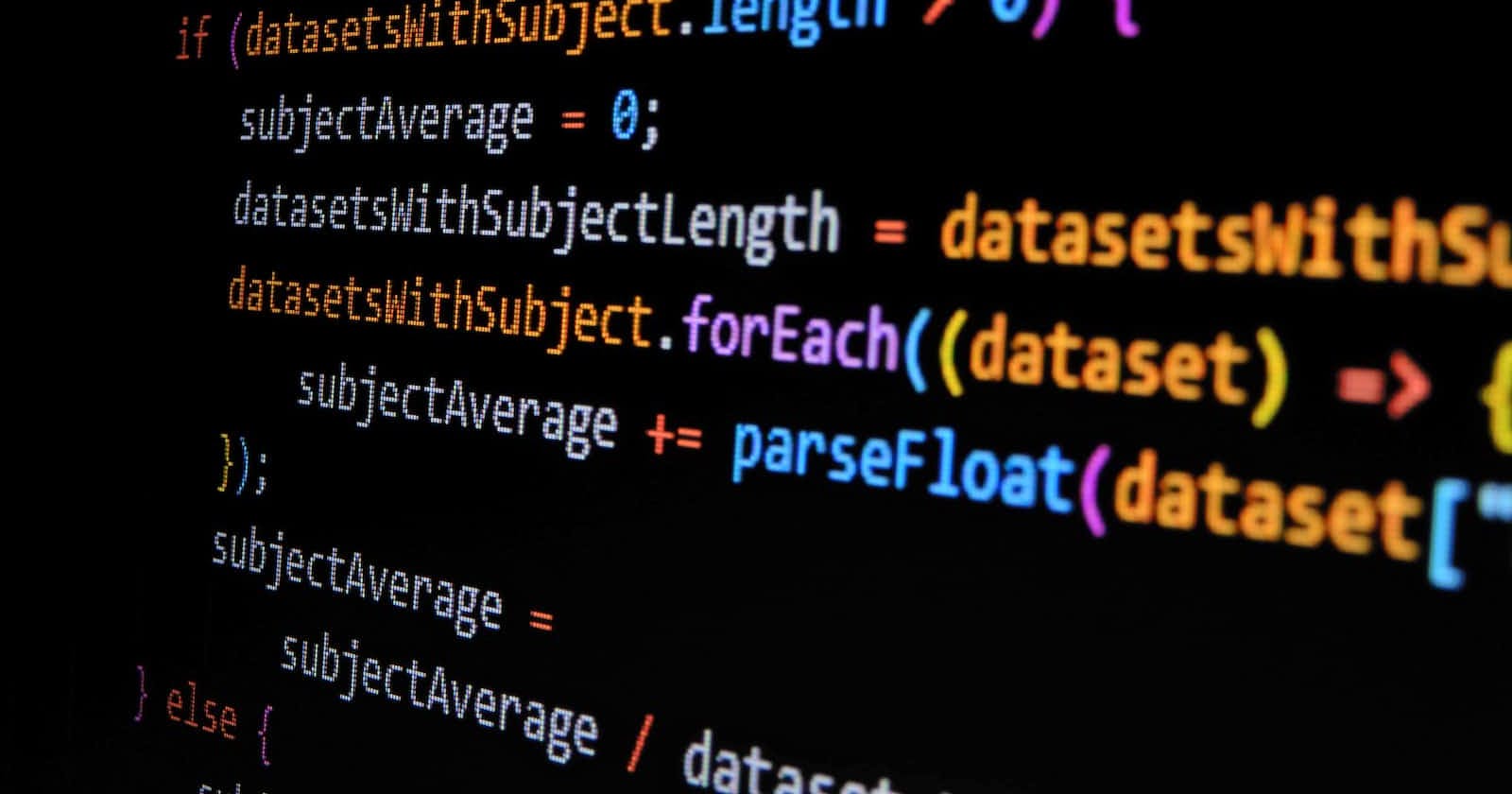In this blog post, we explore everything you need to know about JavaScript, from its basic syntax to its advanced features. I'll cover all the essential functions, methods, and concepts you need to know to become proficient in JavaScript. Whether you're a beginner or an experienced developer, this guide will provide you with everything you need to know to master the language.
In today's digital world, JavaScript has become an essential programming language for developers. From creating dynamic web applications to building server-side software, the versatility of JavaScript is unmatched. In this comprehensive guide, we will cover everything you need to know about JavaScript, including its syntax, functions, objects, arrays, and classes. Whether you are a beginner or an experienced developer, this guide will help you master the language and take your skills to the next level.
JavaScript Basics:
JavaScript is a high-level, interpreted programming language used to create interactive web pages and web applications. It is a client-side scripting language, which means it runs in the user's browser. Here are some basic concepts you should know before diving into JavaScript:
Variables: In JavaScript, variables are used to store data values. You can declare variables using the
var,let, orconstkeywords.Operators: JavaScript supports various types of operators, such as arithmetic, assignment, comparison, and logical operators.
Conditional Statements: You can use conditional statements like
if-elseandswitchto execute different blocks of code based on a specific condition.Loops: JavaScript offers several types of loops, including
for,while, anddo-while, which allows you to execute a block of code multiple times.
JavaScript Functions:
Functions are a core part of JavaScript, and they allow you to write reusable code. You can declare functions in JavaScript using the function keyword or use the more modern arrow functions. Here are some examples:
// Function declaration
function greet(name) {
console.log("Hello, " + name + "!");
}
// Function expression
const multiply = function(a, b) {
return a * b;
}
// Arrow function
const divide = (a, b) => {
return a / b;
}
JavaScript Objects:
Objects are a fundamental concept in JavaScript and are used to represent data in a structured format. You can create an object in JavaScript using the object literal notation, as shown below:
// Object literal
const person = {
name: "John",
age: 30,
job: "Developer",
sayHello: function() {
console.log("Hello!");
}
};
// Accessing object properties
console.log(person.name);
console.log(person["age"]);
// Adding a new property
person.email = "john@example.com";
// Calling an object method
person.sayHello();
JavaScript Arrays:
Arrays are another essential concept in JavaScript, and they allow you to store a collection of data values in a single variable. You can declare an array in JavaScript using the array literal notation, as shown below:
// Array literal
const numbers = [1, 2, 3, 4, 5];
// Accessing array elements
console.log(numbers[2]);
// Adding a new element to the end of an array
numbers.push(6);
// Removing the last element from an array
numbers.pop();
// Looping through an array
for (let i = 0; i < numbers.length; i++) {
console.log(numbers[i]);
}
JavaScript Classes:
Classes are a relatively new feature in JavaScript, and they allow you to create objects with a set of properties and methods. You can declare a class in JavaScript using the class keyword, as shown below:
// Class declaration
class Animal {
constructor(name, type) {
this.name = name;
this.type = type;
}
speak() {
console.log("I am a " + this.type + " named " + this.name);
}
}
// Creating an instance of a class
const dog = new Animal("Max", "dog");
// Calling a class method
dog.speak();
Learning JavaScript:
Learning JavaScript can be a daunting task, but there are many resources available to help you get started. Here are some tips to help you learn JavaScript from beginner to advanced level:
Start with the basics:
Start with the basics of JavaScript, including variables, functions, and loops. Understand the basic syntax of the language and learn how to write simple programs.
Read documentation:
The official documentation for JavaScript is an excellent resource for learning the language. It provides clear and concise explanations of all the essential functions, methods, and concepts you need to know.
Take an online course:
Online courses are a great way to learn JavaScript. They provide a structured and guided approach to learning and can help you quickly master the fundamentals of the language.
Practice, practice, practice:
The best way to learn JavaScript is to practice. Write code, experiment, and see what works and what doesn't. As you gain more experience, you'll develop an intuitive understanding of the language and be able to write more complex and efficient code.
Conclusion:
JavaScript is a powerful and versatile programming language that's essential for building modern web applications. By mastering the basics of the language and understanding its advanced features, you can write efficient, maintainable, and scalable code. Whether you're a beginner or an experienced developer, take the time to learn JavaScript and unlock the full potential of this amazing language.



